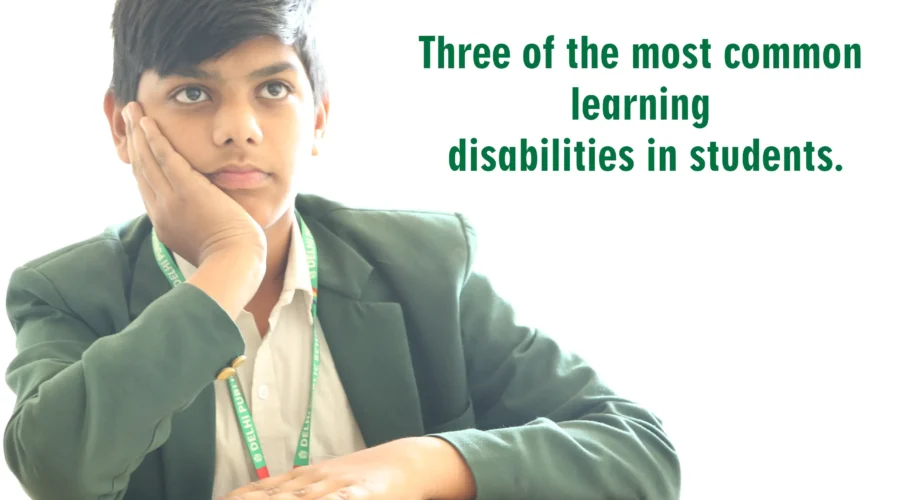Learning problem is a condition where an individual can experience difficulties in understanding concepts. This condition can affect assimilation, memory and can also interfere with skill development. The child or individual dealing with such a disability can sometimes require extratime, different teaching methods, and also additional support to complete assignments and other work.
Such problems can range from temporary to regular lack of productivity and cognition. It can take extraordinary courage, and efforts to overcome these issues, and they can be conquered with the right attitude. It is about developing the necessary tools to manage these issues. Sometimes, a teacher’s assistance, and extra attention, combined with constant support can help a student overcome such challenges.
Common learning problems are:
1. Attention difficulties:
Students with attention difficulties can have poor impulse control, can produce messy written work and be fidgety, while in a class environment. In fact, the learning difficulty can sometimes go unnoticed until it leads to poor performance on tests and incomplete assignments as the student may appear to be paying attention. People may think that the child is not trying hard enough to understand subjects or assignments and is a poor student.
2. Memory:
Students experience difficulty in information retention. The importance of memory for school-age children is greatest. School children are constantly taught new information in multiple areas in which they may or may not be interested, and they are expected to both learn and demonstrate the mastery of this knowledge regularly. Many students face short-term memory issues and have difficulty remembering instructions or directions they have been given: They might forget things that have been communicated recently,and discussions, or even what they read a few minutes ago.
3. Social Anxiety
Some students are often hesitant to go to school. It is not because they are not interested in learning things or they don’t like school. The primary reason to avoid school is the anxiety they face during social interactions. Some common concerns that trigger social anxiety:
- The constant fear of being judged.
- The fear of feeling embarrassed and awkward socially.
- The fear of offending someone.
- The fear of being left out.
In school, kids face many situations which lead them to avoid school entirely, skip classes , or demotivate them from doing homework, alongside the fear of being scolded. Students make excuses regularly for not attending the school. Timely medication, cognitive behavioural therapies, and counselling support have proven to be helpful for students to overcome such situations.
Solutions for these learning problems include:
1. Extra help–
A trained professional or a specialist can be appointed to help them improve their academic, organisational and study skills. In particular, many children with attention deficit issues need help in developing a routine for themselves, alongside a framework to tackle regular work.
2. Accommodations–
Classroom solutions might include additional time and help to complete assignments or tests, being seated in the first to promote attention, including easy problems in assignments, or providing study material online.
3. Therapy–
Therapy can benefit a child in a number of ways, depending on the area needed. There are several therapists to deal with different kinds of problems like speech and language therapists, visual or auditory developmental therapists, language processing, and motor developmental therapists, cognitive therapists, and so on. The first step is to identify the type of challenge, which needs to be addressed.
4. Medication–
Doctors may occasionally recommend medication to manage severe anxiety and depression. Medications for hyperactivity disorder or attention-deficit problems may improve their ability to concentrate in school and improve their performance.




